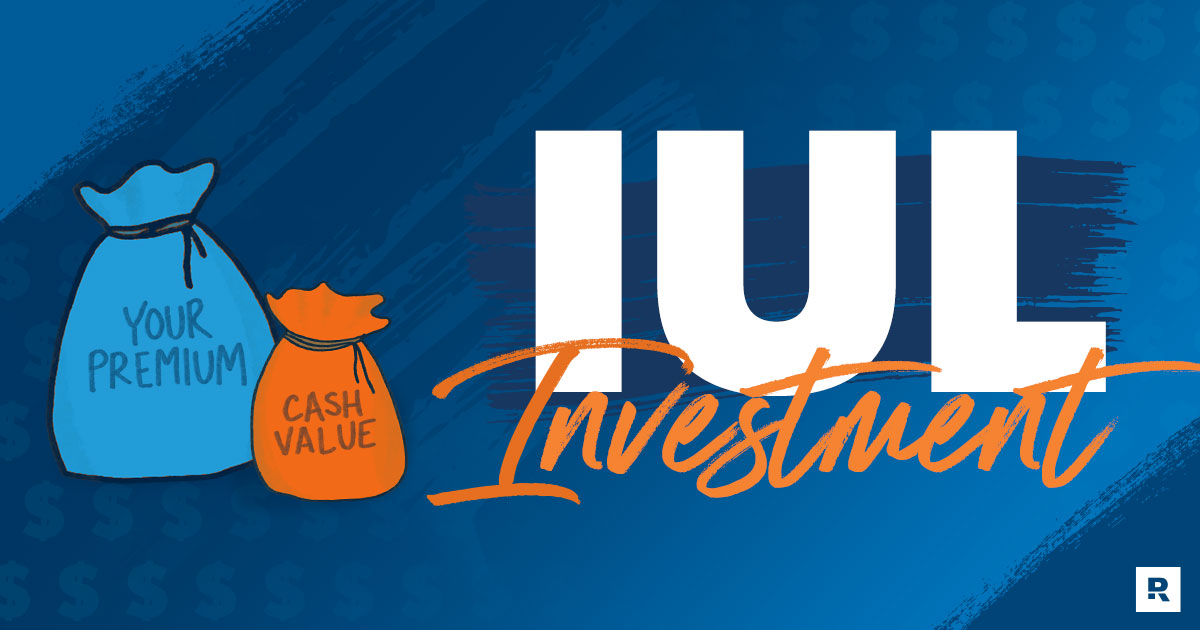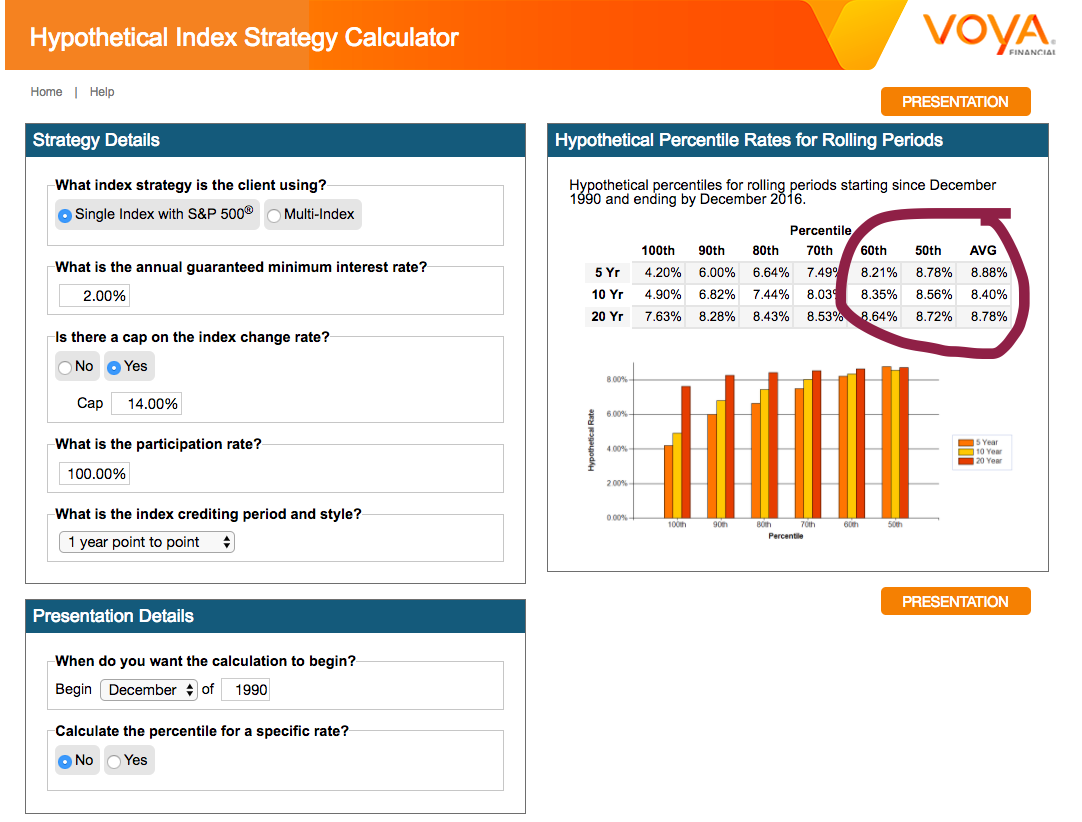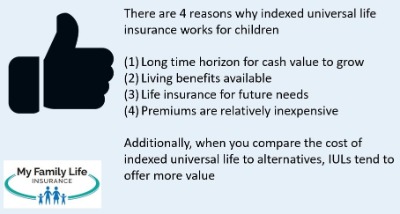All Categories
Featured
Table of Contents
1), typically in an attempt to defeat their classification averages. This is a straw male argument, and one IUL folks enjoy to make. Do they compare the IUL to something like the Vanguard Total Stock Exchange Fund Admiral Show to no tons, an expense ratio (EMERGENCY ROOM) of 5 basis factors, a turn over ratio of 4.3%, and an outstanding tax-efficient document of distributions? No, they contrast it to some dreadful proactively handled fund with an 8% load, a 2% EMERGENCY ROOM, an 80% turnover proportion, and a dreadful record of short-term funding gain distributions.
Common funds usually make yearly taxed circulations to fund owners, also when the worth of their fund has actually dropped in value. Mutual funds not just call for earnings coverage (and the resulting annual tax) when the shared fund is going up in value, however can also impose earnings tax obligations in a year when the fund has actually gone down in value.
You can tax-manage the fund, harvesting losses and gains in order to reduce taxable circulations to the financiers, but that isn't somehow going to alter the reported return of the fund. The possession of shared funds might require the mutual fund owner to pay approximated taxes (index universal life insurance reviews).

IULs are very easy to place to ensure that, at the owner's death, the recipient is exempt to either earnings or estate tax obligations. The very same tax obligation reduction techniques do not function nearly too with shared funds. There are countless, usually pricey, tax obligation traps connected with the moment trading of shared fund shares, traps that do not put on indexed life insurance policy.
Possibilities aren't very high that you're mosting likely to go through the AMT as a result of your common fund circulations if you aren't without them. The remainder of this one is half-truths at best. As an example, while it is real that there is no earnings tax obligation because of your beneficiaries when they acquire the earnings of your IUL plan, it is also real that there is no income tax obligation because of your heirs when they acquire a mutual fund in a taxable account from you.
Adjustable Life Insurance Vs Universal Life Insurance
There are much better methods to prevent estate tax concerns than getting financial investments with reduced returns. Common funds might cause revenue tax of Social Safety advantages.

The development within the IUL is tax-deferred and might be taken as free of tax earnings through lendings. The policy owner (vs. the common fund manager) is in control of his/her reportable revenue, therefore allowing them to lower or perhaps eliminate the tax of their Social Protection advantages. This is fantastic.
Here's an additional very little problem. It holds true if you purchase a common fund for state $10 per share just before the distribution date, and it disperses a $0.50 circulation, you are after that going to owe tax obligations (possibly 7-10 cents per share) in spite of the reality that you have not yet had any gains.
In the end, it's actually about the after-tax return, not how much you pay in taxes. You're also probably going to have even more money after paying those tax obligations. The record-keeping needs for owning mutual funds are dramatically more complicated.
With an IUL, one's records are kept by the insurer, copies of yearly declarations are sent by mail to the owner, and circulations (if any kind of) are completed and reported at year end. This one is additionally kind of silly. Of program you ought to keep your tax records in case of an audit.
Whole Life Index Insurance
All you have to do is shove the paper into your tax obligation folder when it shows up in the mail. Rarely a factor to buy life insurance policy. It resembles this individual has actually never ever bought a taxed account or something. Common funds are commonly component of a decedent's probated estate.
Additionally, they go through the hold-ups and expenses of probate. The profits of the IUL policy, on the other hand, is constantly a non-probate circulation that passes outside of probate straight to one's called recipients, and is for that reason exempt to one's posthumous creditors, undesirable public disclosure, or similar hold-ups and prices.
Medicaid disqualification and lifetime earnings. An IUL can supply their owners with a stream of earnings for their whole lifetime, no matter of just how long they live.

This is valuable when arranging one's events, and converting assets to revenue before a retirement home confinement. Shared funds can not be converted in a comparable manner, and are practically always thought about countable Medicaid possessions. This is an additional foolish one advocating that bad people (you know, the ones who need Medicaid, a federal government program for the inadequate, to spend for their assisted living facility) need to use IUL instead of mutual funds.
Best Iul
And life insurance looks awful when contrasted fairly versus a retired life account. Second, individuals who have money to get IUL over and past their pension are mosting likely to have to be awful at handling cash in order to ever get approved for Medicaid to pay for their nursing home costs.
Persistent and incurable ailment biker. All policies will allow an owner's easy access to money from their policy, usually forgoing any abandonment penalties when such individuals experience a significant illness, need at-home care, or become restricted to a retirement home. Shared funds do not provide a similar waiver when contingent deferred sales fees still apply to a mutual fund account whose owner needs to market some shares to money the prices of such a remain.
Life Insurance Tax Free Growth
You obtain to pay even more for that benefit (rider) with an insurance coverage policy. Indexed universal life insurance policy gives fatality benefits to the beneficiaries of the IUL proprietors, and neither the proprietor nor the beneficiary can ever lose money due to a down market.
Currently, ask on your own, do you really need or want a survivor benefit? I absolutely don't require one after I get to financial freedom. Do I want one? I intend if it were cheap enough. Obviously, it isn't cheap. On standard, a buyer of life insurance policy pays for truth price of the life insurance coverage advantage, plus the expenses of the plan, plus the earnings of the insurance firm.
What Is Better Term Or Universal Life Insurance
I'm not entirely certain why Mr. Morais included the entire "you can not lose money" again right here as it was covered rather well in # 1. He just desired to repeat the most effective selling point for these points I intend. Once again, you don't shed nominal bucks, but you can lose real bucks, in addition to face serious chance cost due to low returns.

An indexed global life insurance policy policy proprietor might exchange their plan for a completely different plan without setting off earnings tax obligations. A shared fund proprietor can not relocate funds from one mutual fund firm to an additional without offering his shares at the previous (thus activating a taxable occasion), and buying brand-new shares at the latter, commonly based on sales fees at both.
While it holds true that you can exchange one insurance plan for another, the reason that individuals do this is that the very first one is such an awful policy that even after getting a new one and going through the early, adverse return years, you'll still come out ahead. If they were offered the ideal plan the very first time, they shouldn't have any type of wish to ever exchange it and go through the very early, adverse return years once again.
Latest Posts
Ul Mutual Company
Financial Foundation Index Universal Life
Universal Life Insurance Quote Calculator